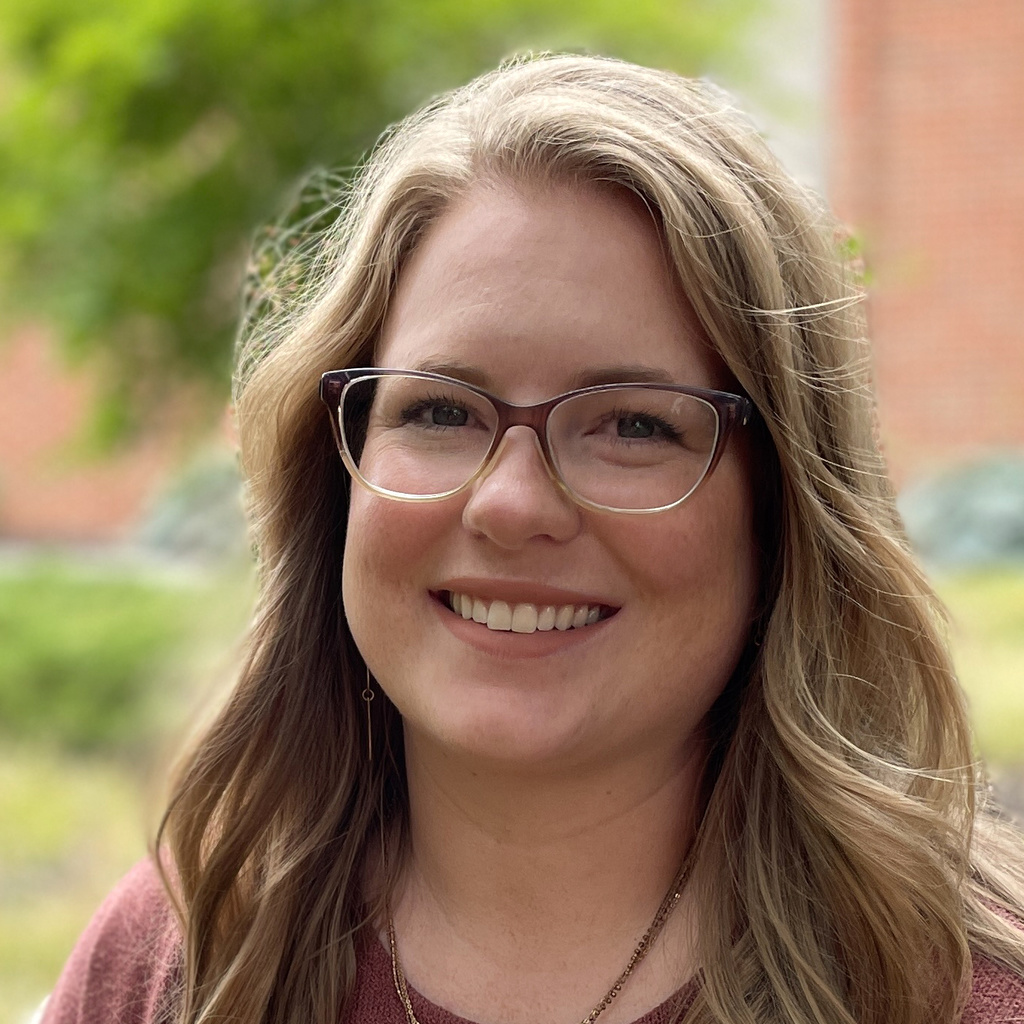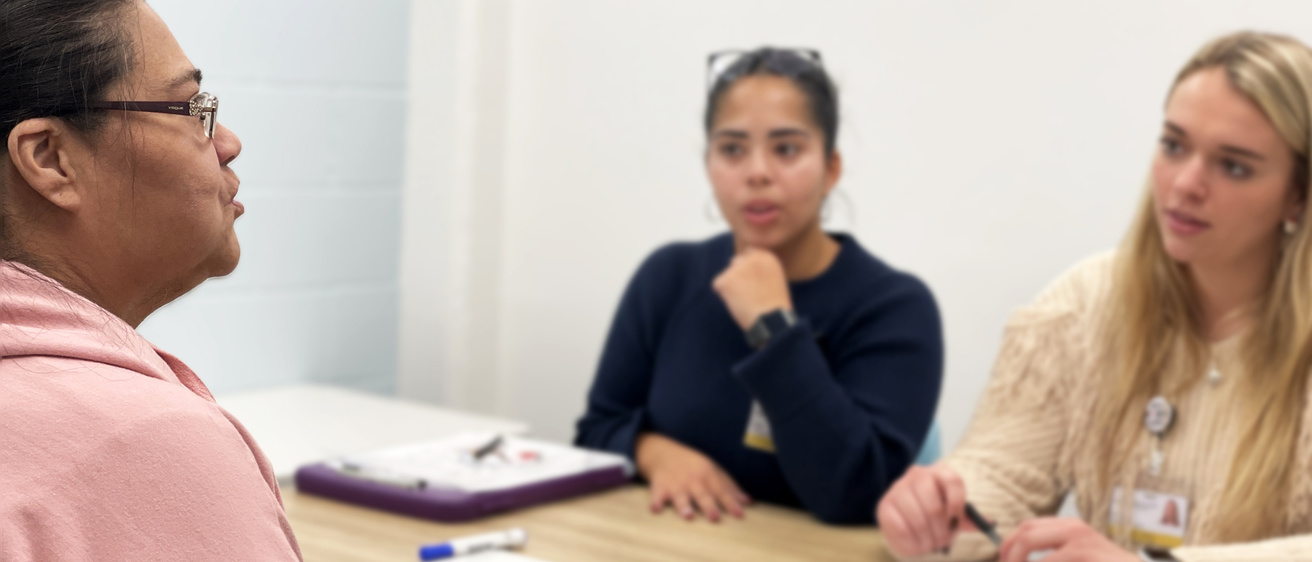Main navigation
Neurological events such as a stroke, brain injury, or other diagnoses can affect the ability to talk, communicate, think, and connect with others. In our clinic, a group of experts focus on helping those who face these challenges. Our team includes specialized speech-language pathologists and students learning to help with speech and communication. We’re here to support you on your journey.
The neurological team offers evidenced-based intervention for adolescents and adults with acquired neurogenic communication disorders. These disorders, including aphasia, dysarthria, apraxia, and cognitive-communication impairments, commonly arise from conditions like stroke, traumatic brain injury, brain tumors, or progressive neurological conditions (e.g., dementia, ALS, or primary progressive aphasia).
Individuals are encouraged to seek services at different stages, even long after the injury to the brain. There is ample research evidence that people who experience a brain injury can still benefit from treatment for speech-language difficulties even years following the event. Speech-language therapy addresses the underlying impairment, as well as its functional impact on communication in daily situation.
Services
Comprehensive assessment
All new clients undergo a thorough assessment before starting therapy to obtain a comprehensive understanding of any speech, language, and/or cognitive impairments. This includes a variety of standardized assessment, clinical measures, and questionnaires to gain a full understanding of a client's specific needs.
Individual therapy
Therapy is offered throughout the year. During all semesters, graduate student clinicians lead therapy sessions under the direct supervision of a certified, licensed speech-language pathologist.
Voice treatment for Parkinson's Disease
The UI Speech, Language, and Hearing Clinic offers voice services for spasmodic dysphonia, tremor, vocal fold paralysis or myasthenia gravis.
Support groups
List of therapies and services provided
Therapy for dysarthria and apraxia
Clients with motor speech impairments (dysarthria or apraxia), receive specialized therapy aimed to improve the control and coordination of muscles involved in the production of speech.
Therapy for aphasia
Aphasia can affect some or all aspects of language, including expression, understanding, reading, and writing. We implement the Life Participation Approach to Aphasia. This method involves active collaboration with clients in setting treatment goals, focusing on “real-life” activities tailored to their unique needs. Progress is gauged by success beyond the therapy room, considering clients’ thoughts and feelings regarding their abilities to engage in their environment. This personalized approach ensures that each client works towards distinct goals, yielding meaningful outcomes for both individuals with aphasia and their caregivers.
Cognitive-communication therapy
People who sustain a brain injury or develop a progressive neurological disease frequently experience cognitive impairments—for example, difficulties with attention, memory, or reasoning—that affect their ability to communicate and participate in daily activities. For these clients, we offer one-on-one therapy to address the impairments and its impact on daily functioning.
Concussion
Individuals who have sustained a concussion may experience cognitive and communication challenges that may impact participation in daily tasks at school or work. Therapy is customized to address and improve cognitive communication abilities affected by post-concussion symptoms: slower word finding, difficulty remembering new information, and cognitive fatigue.
Community services
At times, the Neuro Clinic negotiates contracts to provide diagnostic and therapeutic services to facilities in the community, such as nursing homes or adult day health centers in the Iowa City area.
Research services
Clients in the Neuro Clinic may be offered opportunities to participate in research studies investigating the nature of acquired speech and language disorders and the efficacy of state-of-the-art treatment methods. Participation is entirely voluntary and does not affect clients' candidacy for treatment in the clinic.
Clinical coordinator

